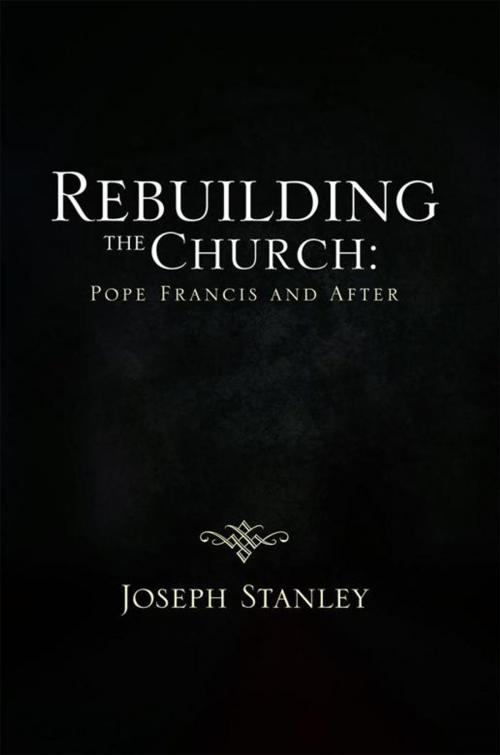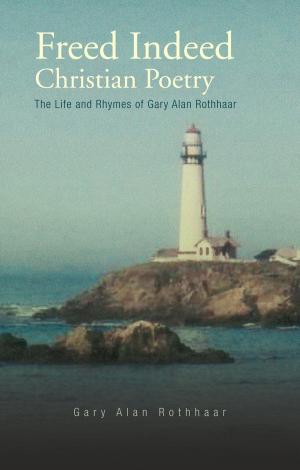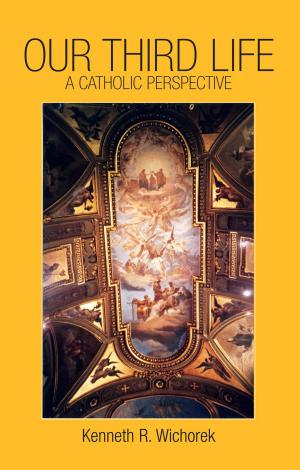| Author: | Joseph Stanley | ISBN: | 9781483626567 |
| Publisher: | Xlibris US | Publication: | May 14, 2013 |
| Imprint: | Xlibris US | Language: | English |
| Author: | Joseph Stanley |
| ISBN: | 9781483626567 |
| Publisher: | Xlibris US |
| Publication: | May 14, 2013 |
| Imprint: | Xlibris US |
| Language: | English |
The unexpected resignation of Pope Benedict XVI followed by the election of Pope Francis of quite a different mould has introduced into the Church not more theological discourse, but signifi cant theological action a constant preaching, where words are used only when necessary. This book presents four essays starting with an imaginary trajectory of the Church during the next hundred years where a new style of leadership in the church renews its strength and vigour by co-opting competent and committed laity. Will this dream ever be realized? The contention of the author is that it can, because his dreams are consonant with the doctrinal heritage of the Catholic Church, as he indicates in the notes. His prayer and wish is that it becomes a reality. The second essay suggests a pastoral approach that could pave the way to facilitate the emergence of such a situation. The third essay is a theological elaboration of the place of the teaching authority of the church. The fourth essay is a short article which indicates that change has taken place and will continue to take place in the Church.
The unexpected resignation of Pope Benedict XVI followed by the election of Pope Francis of quite a different mould has introduced into the Church not more theological discourse, but signifi cant theological action a constant preaching, where words are used only when necessary. This book presents four essays starting with an imaginary trajectory of the Church during the next hundred years where a new style of leadership in the church renews its strength and vigour by co-opting competent and committed laity. Will this dream ever be realized? The contention of the author is that it can, because his dreams are consonant with the doctrinal heritage of the Catholic Church, as he indicates in the notes. His prayer and wish is that it becomes a reality. The second essay suggests a pastoral approach that could pave the way to facilitate the emergence of such a situation. The third essay is a theological elaboration of the place of the teaching authority of the church. The fourth essay is a short article which indicates that change has taken place and will continue to take place in the Church.















